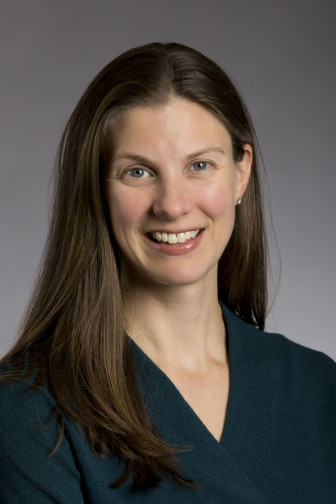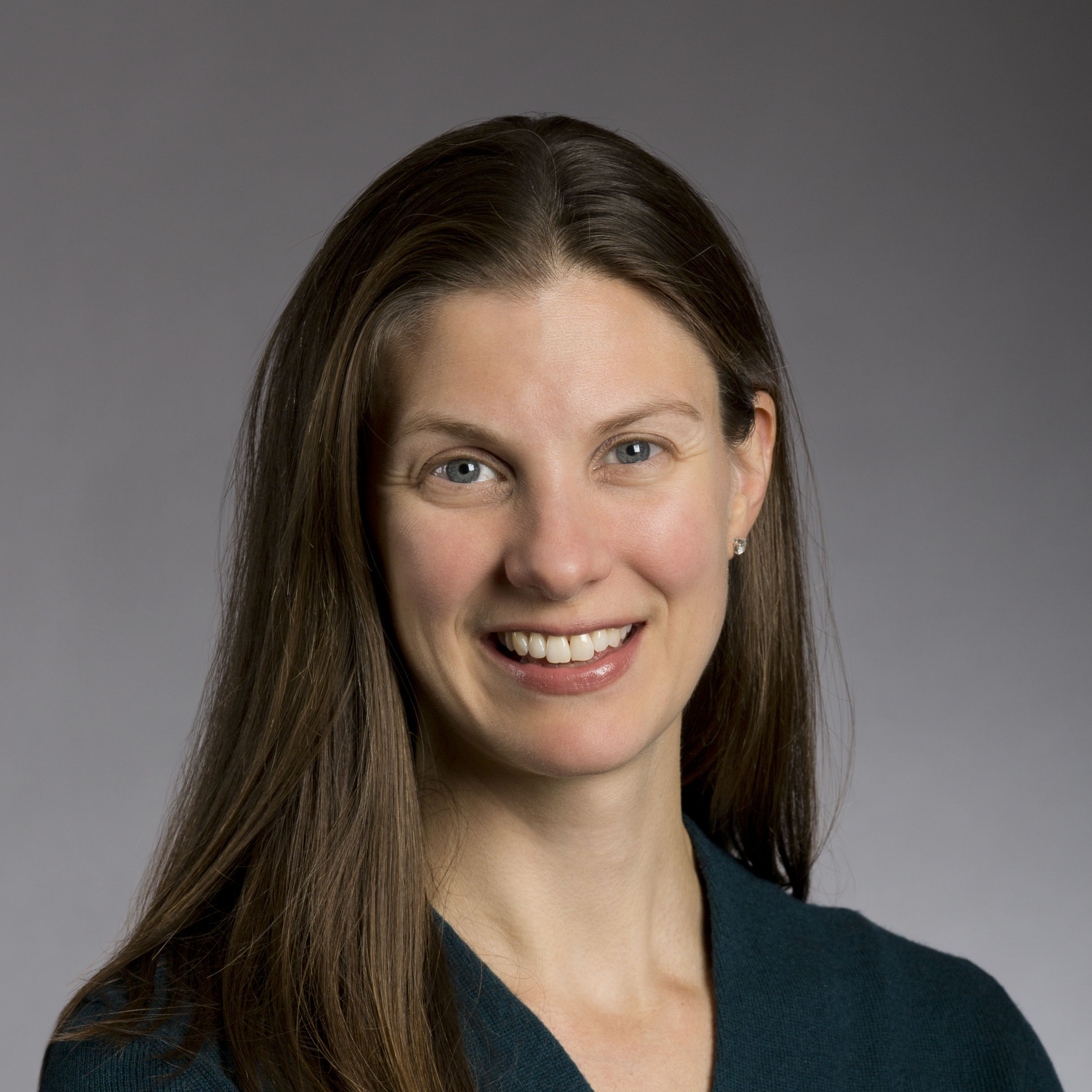 During a recent conversation with a colleague, I was stunned to come to the embarrassingly belated realization that I’ve been on an after-school and youth-development career path all my professional life. I just never knew it.
During a recent conversation with a colleague, I was stunned to come to the embarrassingly belated realization that I’ve been on an after-school and youth-development career path all my professional life. I just never knew it.
Like other youth workers, I’ve had to feel my way along and have had trouble defining myself as I went. With an undergraduate degree in psychology (one of those “related fields” so often referred to on youth work job descriptions), and a hard-to-define master’s degree (an “interdisciplinary degree” I have called it, one that trained me in education theory and practice, but also research methods and therapeutic work with children), I have worked with children — infants through adolescents — and their families in schools, mental health centers, their homes and shelters.
I have spent the last eight years as a research associate at the National Institute on Out-of-School Time (NIOST), focusing largely (and perhaps ironically) on the professional development of the after-school and youth-development workforce.
I’ve always had a hard time describing what I do to others: not education or social work exactly, but kind of. I’ve always felt more like the overlapping part of a Venn diagram rather than one of the neat circles.
In fact, at NIOST, that’s exactly how we describe out-of-school time. It sits squarely at the intersection of school, family and community, the three main influences in a youth’s life. I have been pulling from all these areas for my personal professional development, as have after-school and youth-development professionals across the country.
Youth workers need clearly defined academic and career pathways. Much work is being done to this end (e.g., Indiana and Missouri have built impressive academic pathways for youth workers, and many, for example, Vermont and Minnesota, are spelling out career pathways). In addition, these pathways need to acknowledge the broad and multidisciplinary nature of youth work.
There is movement in this direction. More and more, youth work is seen as not limited to a certain setting, age group or time of day (such as “after-school”). The field is acknowledging that youth workers need the same foundation of skills to work with children, youth and families, whether it is at a school-based after-school program, residential center, juvenile justice program, museum or cultural institution, to name a few. There is more acceptance of a broader definition (such as the Next Generation Youth Work Coalition’s) under which youth workers are unified by their approach and core values.
Some universities have multidisciplinary programs that, though not explicitly youth work, aim to bring together disciplines and translate research to practice for healthy youth and communities. For example, the School of Public Health at Indiana University Bloomington takes “new approaches to health, community engagement, and quality of life,” and the master’s degree in Prevention Science and Practice at the Harvard Graduate School of Education teaches students to “promote positive educational, personal, and social outcomes for children and youth, and strengthen the schools and communities that shape their development.”
A nationally recognized credential can be another important step on a youth-work career path. Many states such as Michigan, Indiana and Missouri have developed their own youth-work credentials, and the National AfterSchool Association has named credentialing as an important part of maintaining quality programs and supporting youth workers.
What if we had a broad-based credential, applicable to work with children and youth from at least age 5 through 18, applied to multiple settings and with multidisciplinary content? The Association for Child and Youth Care Practice, Inc., an organization that has established a nationally available credential in youth work, provides us with an example of what that could look like. If the field moves with an expanded vision toward this broad-based professional recognition of youth workers, we can, in turn, give youth workers a clearer identity and path.
The hard-to-define nature of youth work is, of course, a strength. Being at the intersection of school, family and community, youth workers have the unique ability to bridge worlds, translate information and impact youth.
The field needs to make this explicit, so youth workers do not have to wonder what they are or struggle to define themselves. Clear and broad-based academic and career paths, including a nationally recognized, broad credential, will strengthen the workforce and ultimately improve experiences for youth. My own career path feels like some small reflection of the overall evolution of the field, which I hope means career paths will become clear for a next generation of youth workers.
Elizabeth Starr, M.Ed., is a research associate at the National Institute on Out-of-School Time at the Wellesley Centers for Women. Her work focuses on professional development and system-building for the field of afterschool and youth development.






























